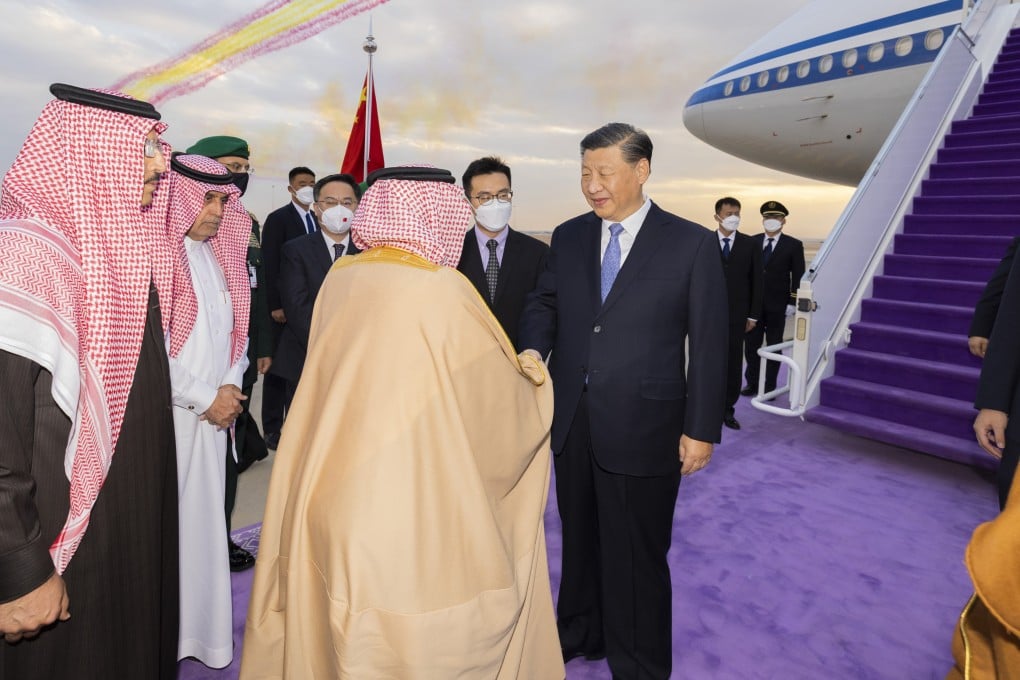Opinion | BRICS expanding to Saudi Arabia, Indonesia and beyond holds promise, but challenges remain
- Middle and small powers in the developing world are increasingly seeking alliances to secure their interests amid a backdrop of great power competition
- New members could stand to gain handsomely from balancing or playing BRICS and the West off each other, but hurdles must be cleared before expansion can happen

In a further demonstration of growing interest in joining BRICS, the finance ministers of a number of countries – Kazakhstan, Nicaragua, Nigeria, Senegal, Thailand and the United Arab Emirates – attended last year’s BRICS expansion dialogue.
Against a backdrop of Russia’s invasion of Ukraine and systemic competition between the United States and China, great powers as well as middle and small powers are seeking alliances and securing strategic interests. As the potential BRICS expansion demonstrates, this is made more complex by great power competition. In this context, the expansion of BRICS has led to questions about its potential geoeconomic and geostrategic implications.
At present, the five members are home to almost 30 per cent of the world’s total land surface and 41 per cent of its population. They contribute 16 per cent to world trade and around 24 per cent to global GDP.
While BRICS members are not well-represented in the global financial system, their collective GDP could reach half of global GDP by 2030. With the potential inclusion of new countries, it is not unreasonable to imagine this will happen much quicker than expected.

